Don't get rid of these weeds in your garden – they have surprising health and wildlife benefits
Not all weeds are bad...

Sophie King
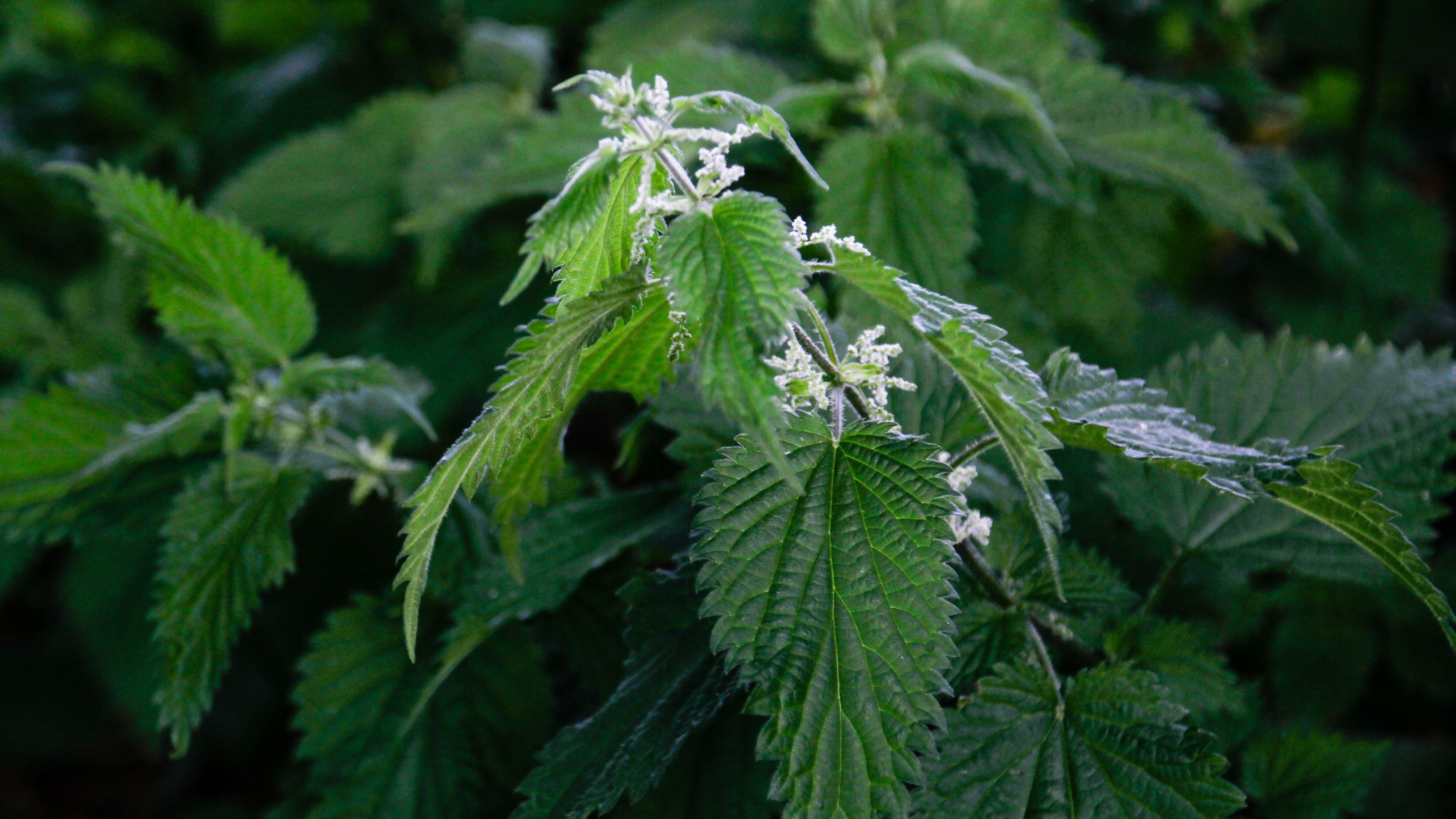
Sign up to our newsletter for style inspiration, real homes, project and garden advice and shopping know-how
You are now subscribed
Your newsletter sign-up was successful
When we talk about weeds, it's often within the context of getting rid of them – but what about the weeds you can (and should) leave in the garden?
Well, as we enter No Mow May, it's prime time to be thinking about the weeds that are actually beneficial. While you can learn how to get rid of weeds in a lawn or border, others are worth appreciating before you rule them out – and you can even leave a 'wild zone' in a controlled part of the garden if you don't want them to take over the entire space.
We've rounded up the best weeds to leave in a garden if you want to boost biodiversity and lend pollinators a helping hand this year. You can even eat some of them!
1. Dandelions
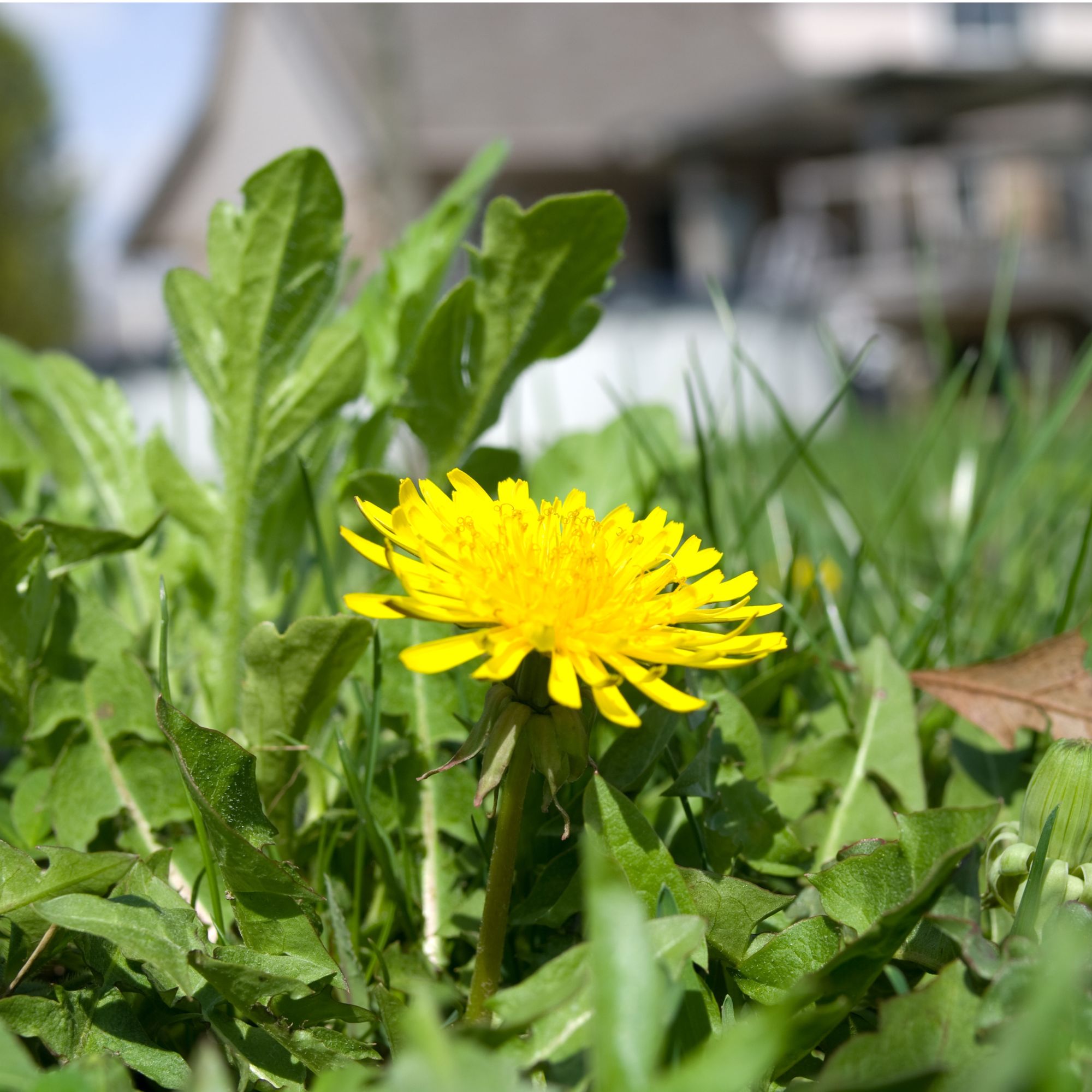
We're celebrating all the reasons why you should leave dandelions in your lawn for No Mow May and beyond this month. Not only are they great for wildlife, but they have a lot of benefits for our health, too.
'Dandelions are one of the first wildflowers to bloom, and are important to pollinating insects and, in particular, bees,' says Lucy Taylor, gardening expert at Vine House Farm Bird Food. 'Once the flowers go to seed, birds like Bullfinches and Goldfinches will eat the seeds from the dandelion clocks.'
You can eat them, too. 'The root can be ground as a coffee substitute, the flowers can be lightly battered and fried, and the young leaves have a bitter twang and can be added to salads for a burst of flavour,' explains August Bernstein, head tutor of the Raymond Blanc Gardening School and passionate gardener.
Sow wildflowers like Mr Fothergill’s Seeds RHS Seed Mix Shaker Box from Amazon alongside dandelions for the ultimate 'wild zone'.
Sign up to our newsletter for style inspiration, real homes, project and garden advice and shopping know-how
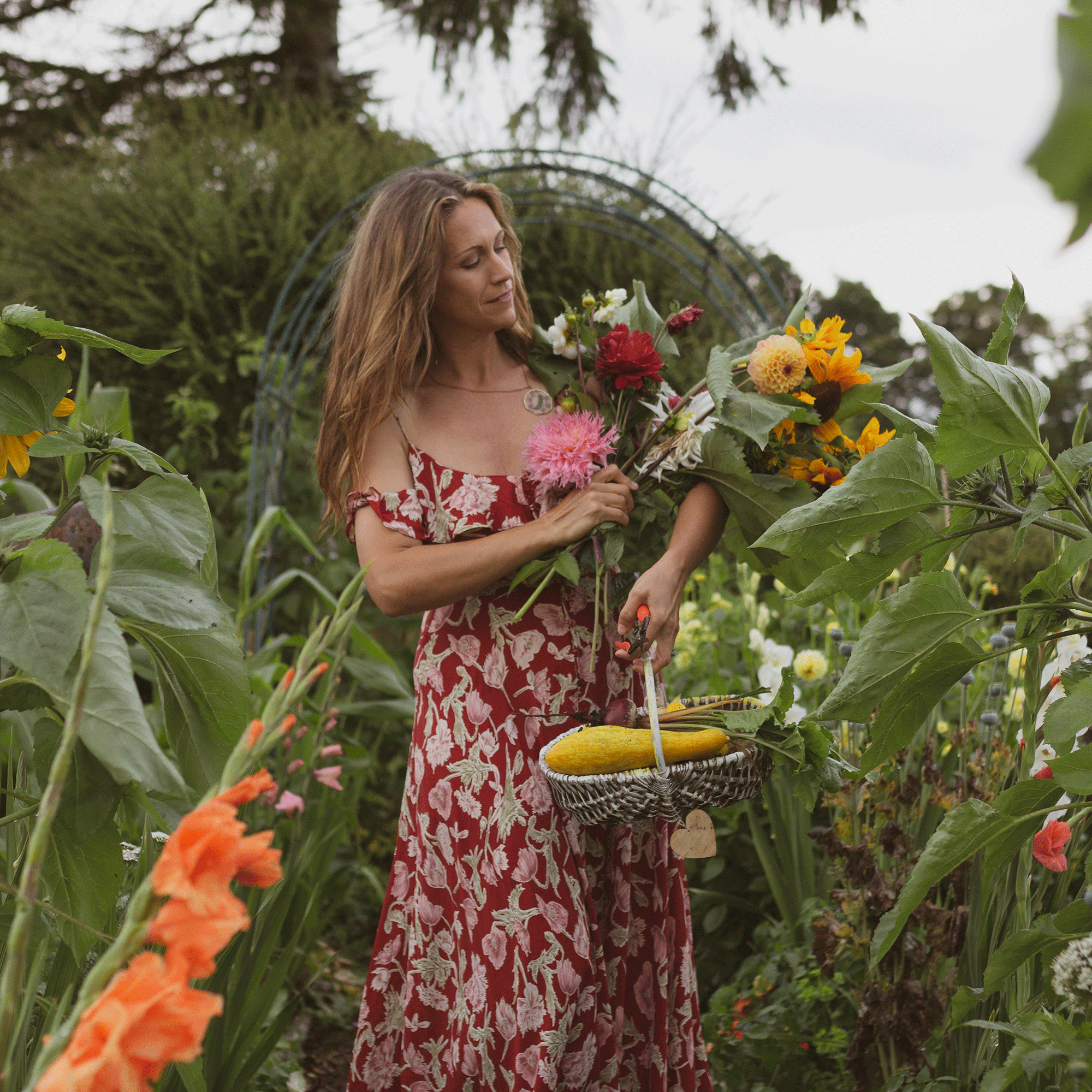
August is the Head tutor of the Raymond Blanc gardening school. She originally joined the gardening team at Raymond Blanc's Le Manoir aux Quat'Saisons as a kitchen gardener in 2019. She is working toward a degree in Environmental Studies and is also the founder of a small business called Seed Explorers.
2. Nettles
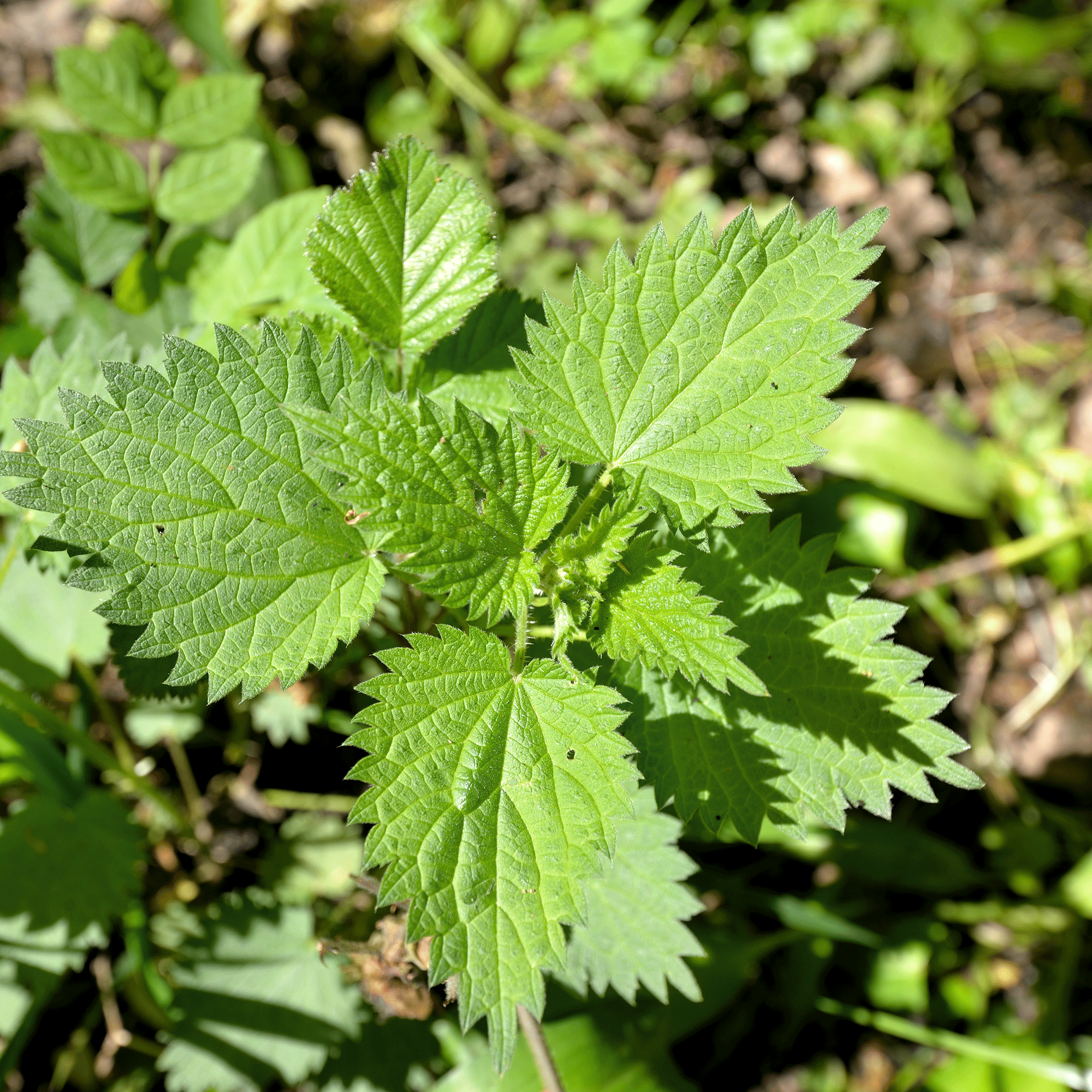
You can use nettles to make your own tomato fertiliser, so they're worth keeping if you're a fan of natural plant feeds. They're edible when cooked, too.
'So many weeds serve a greater purpose than you would imagine,' says August. 'Many weeds are edible, such as stinging nettles. I would go for the new fresh shoots and blanch or cook them like spinach.'
Another added benefit of nettles is that they are loved by butterflies. However, nettles can quickly take over a garden border or vegetable patch in a short space of time, so it's worth learning how to get rid of nettles if they start to become a problem.
3. Chickweed
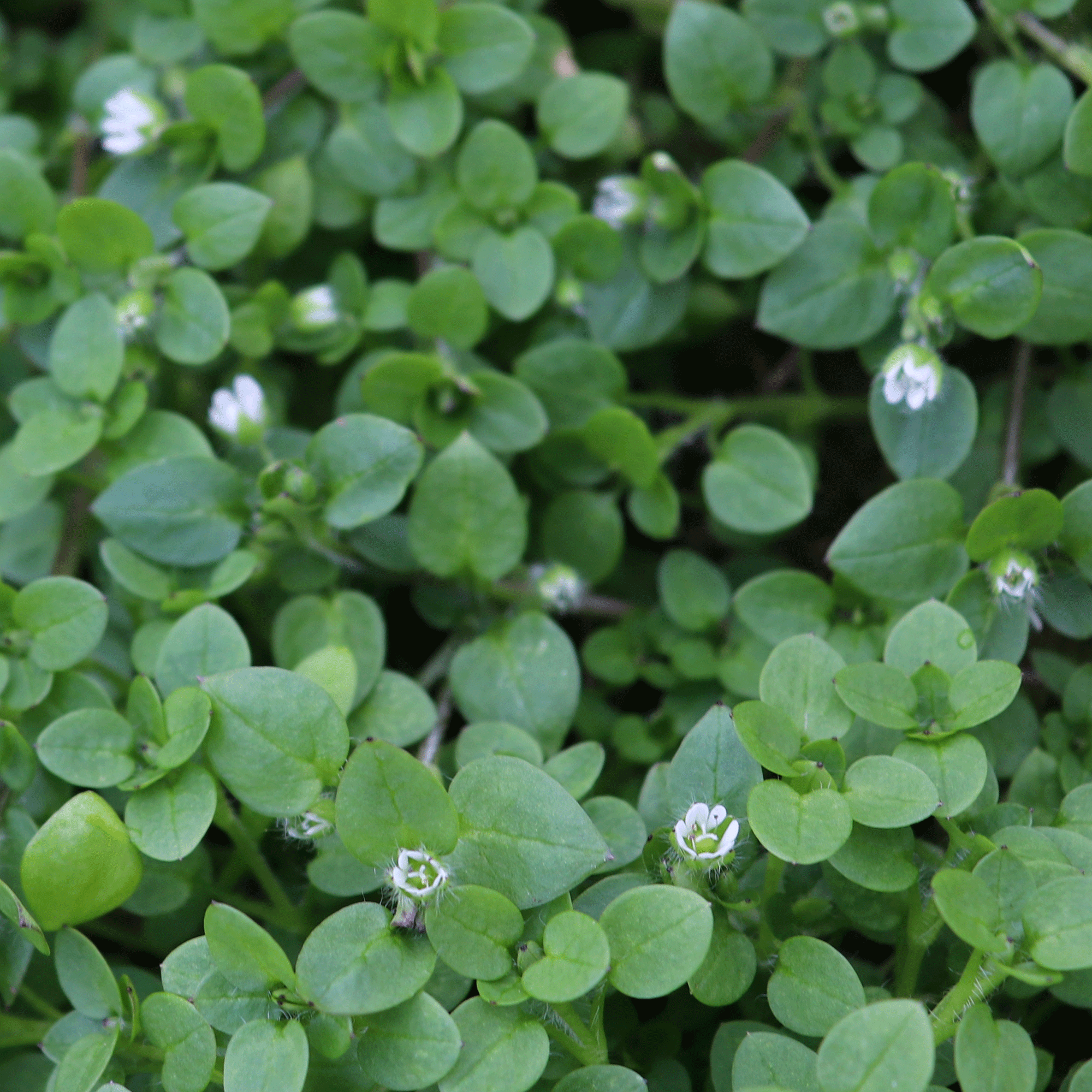
Chickweed is another common plant you should consider leaving in your garden. Not only is it good for insects, but it feeds small birds, too.
At Raymond Blanc's Michelin restaurant Le Manoir aux Quat'Saisons, the chefs have even started cooking with it. 'At Le Manoir, we have just started harvesting chickweed for our Michelin star chefs,' explains August.
'However, bear in mind if you let it go to seed, you will have a chickweed infestation, so remove it before it flowers.'
You can buy chickweed seeds from Amazon.
4. Clover
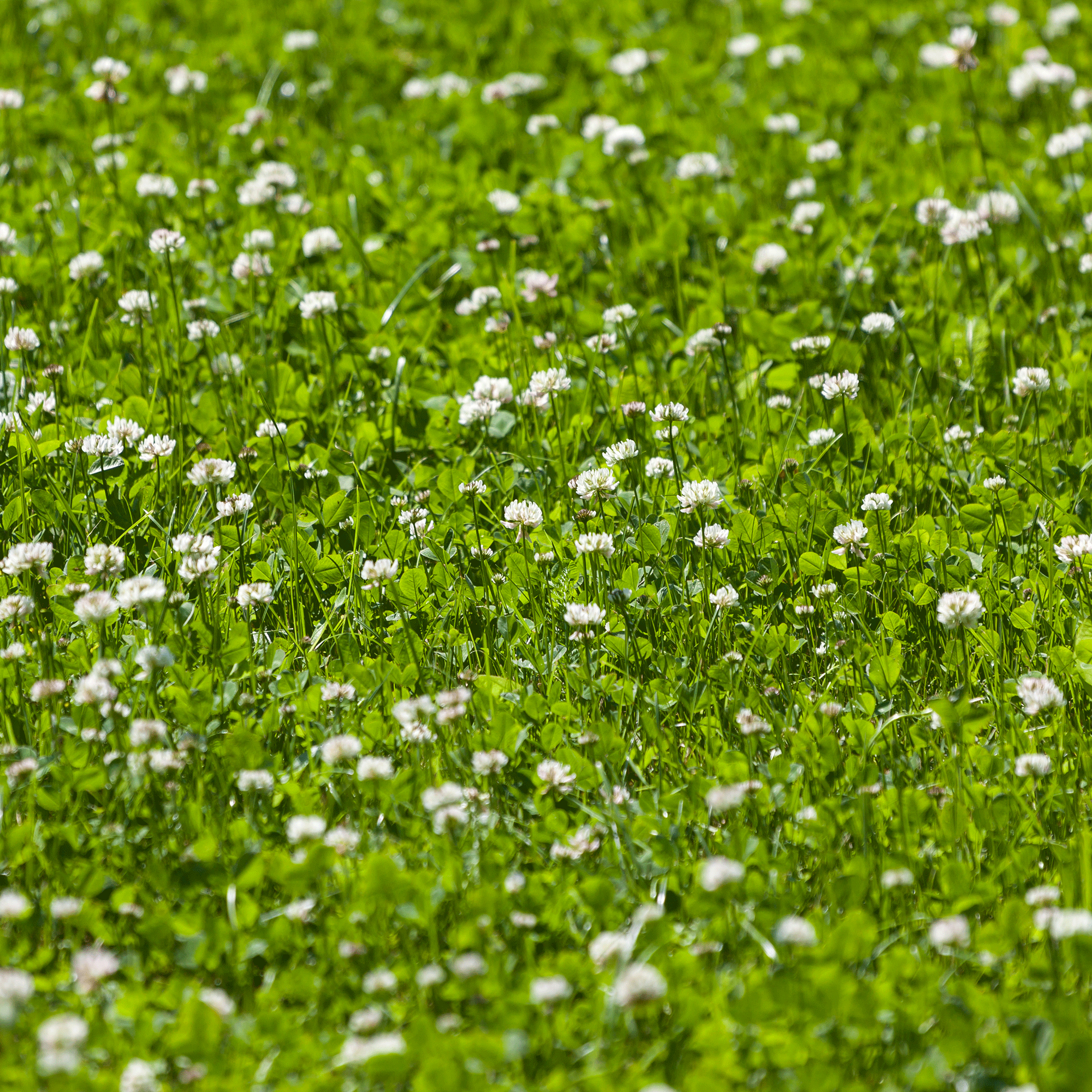
You can't eat clover, but we wanted to include it in this round-up because traditional lawn ideas are changing in favour of tapestry lawns, which embrace a large variety of ground cover plants.
You can even sow a clover lawn if you're keen to hop on the wildlife-friendly garden bandwagon. Clover seeds are available to buy from Amazon.
'Clover will take around six weeks to become established, so now is a good time to start putting the work in,' says Chris McIlroy, grass expert at The Grass People.
FAQs
What happens if you leave weeds in the garden?
Often, weeds will compete with other plants for nutrients and space, which is why it is important to keep a close eye on the weeds you do choose to leave in your garden.
However, there are some invasive plants you should avoid planting in your garden, or watch out for, like Japanese knotweed. It's also an offence to cause it to grow in the wild under the provisions made within Schedule 9 of the Wildlife and Countryside Act 1981.
So, the time has come to stop unfairly demonising weeds and instead embrace them as a welcome addition to your garden. At least you can rely on a crop of nettles or chickweed to deliver produce.

Rebecca Knight has been the Deputy Editor on the Ideal Home Website since 2022. She graduated with a Masters degree in magazine journalism from City, University of London in 2018, before starting her journalism career as a staff writer on women's weekly magazines. She fell into the world of homes and interiors after joining the Ideal Home website team in 2019 as a Digital Writer. In 2020 she moved into position of Homes News Editor working across Homes & Gardens, LivingEtc, Real Homes, Gardeningetc and Ideal Home covering everything from the latest viral cleaning hack to the next big interior trend.
- Sophie KingGardens Editor